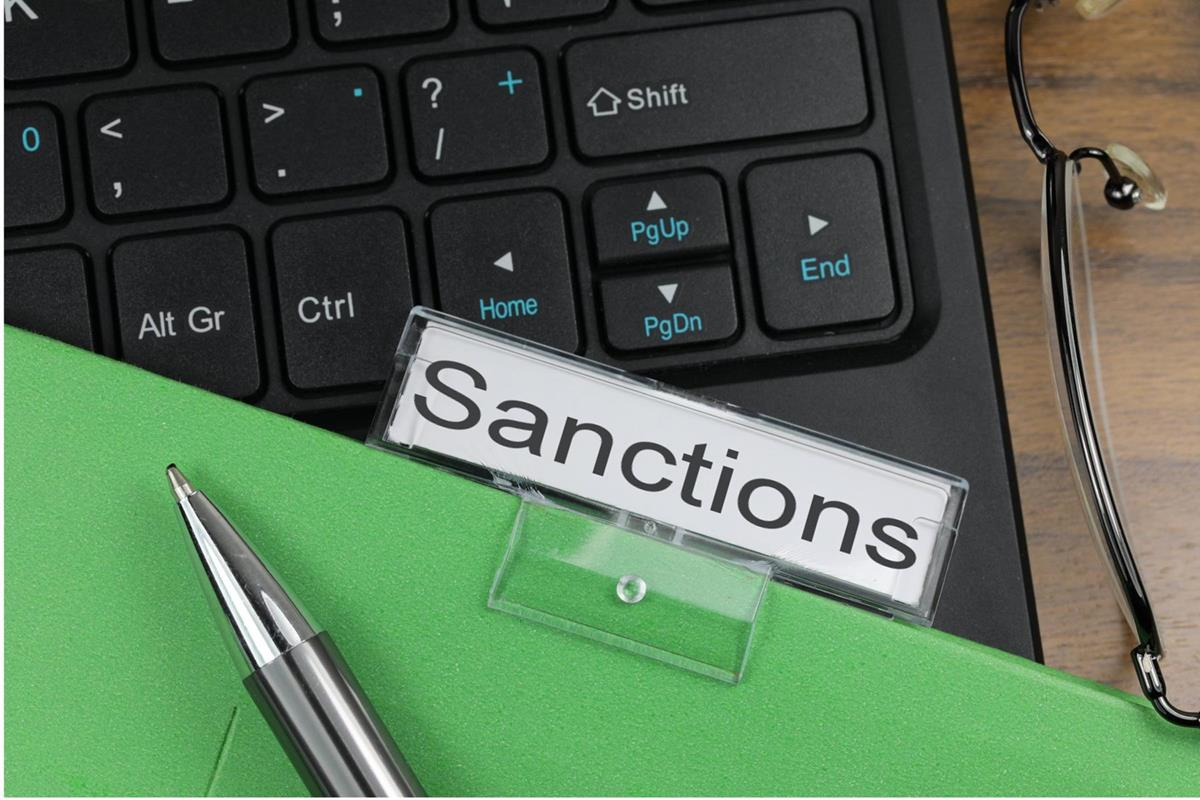Belarusian regime responds by escalating to the preparation of the 5th package of EU sanctions, the West seeks support from Russia
 The situation got worse
The situation got worse

Relative calm in Belarusian-Western relations has been overturned by an abrupt escalation of the migration crisis on the Polish-Belarusian border. Minsk’s hopes of undermining Euro-Atlantic solidarity in this way are misplaced; the West is preparing to tighten sanctions. In response, the Belarusian regime attempts to drag in Russia. Meanwhile, Western capitals are also seeking Russian support in resolving the Belarusian issue instead of entering into direct dialogue with the Lukashenka regime.
The miscalculation of the Belarusian regime that the migration crisis would undermine solidarity within the EU and NATO has led to the opposite result. Acting German Interior Minister Horst Seehofer called on the entire EU to join forces in the face of Lukashenka’s attempts to destabilise the West, noting that Germany and Poland cannot deal with the Polish-Belarusian border situation alone. Germany also advocates strengthening sanctions while the Polish authorities consider a complete closure of the border with Belarus.
The European Commission head, Ursula von Leyen, held an online meeting with US President Joseph Biden and discussed the situation on the Belarusian-Polish border. Earlier, she characterised the crisis as a “hybrid attack”, calling for accelerated introduction of another package of sanctions against the Lukashenka regime and against third-country airlines involved in transporting migrants to the border, including Turkish Airlines, FlyDubai and Aeroflot. NATO also considers that the migrant crisis constitutes asymmetric aggression against Lithuania, Latvia, and Poland.
Meanwhile, at the UN Security Council, representatives of Albania, Estonia, France, Ireland, Norway, Great Britain and the United States issued a joint statement accusing the Belarusian regime of constituting a threat to regional stability and inhumane weaponisation of migrants. Minsk’s hopes of capitalising on human rights and humanitarian issues with the involvement of international organisations have not come to pass. The guidance offered by UN representatives to migrants stuck on the Belarusian-Polish border offer only two options: either return to their country of origin or apply for asylum in Belarus.
In response, Lukashenka threatened Europe with a blockade of the Yamal-Europe gas pipeline, prompting the EU to warn Belarus against using gas as a geopolitical weapon. Belarusian Foreign Minister Vladimir Makei replied that Minsk is ready to adopt the toughest and most extreme measures in response to the introduction of the 5th package of EU sanctions, although he refrained from specific threats.
Sensing the risk of Western sanctions due to support for the Lukashenka regime, the Kremlin began to play its game. The Press Secretary of the President of the Russian Federation, Dmitry Peskov, commented on the impending humanitarian catastrophe at the Belarusian-Polish border, signalling Kremlin openness to seek a joint solution. German Chancellor Angela Merkel has requested on several occasions that Russian President Vladimir Putin exert his influence on Lukashenka in connection with the migrant situation. French President Emmanuel Macron will also hold talks with President Putin regarding the Belarusian situation in the coming days. At the same time, Washington has addressed expressions of concern over the migration to Russia.
Meanwhile, the Kremlin continues to manoeuvre to isolate Minsk from the West. Under pressure from Russia, Belarusian Foreign Minister Vladimir Makei was forced to publicly justify himself at a joint press conference with Russian Foreign Minister Sergei Lavrov regarding a conference on Belarus to be held in Vienna on November 22nd. Minsk considers this a pointless idea and an unfriendly step. Before this, Lukashenka’s representatives changed their minds about participating in the Vienna conference.
While the Belarusian regime calls for Russian help to counter increasing pressure from the West, the Kremlin is signalling to Western capitals a readiness to seek a joint solution, though unfortunately still maintaining Minsk’s hopes for Russian support in the event of an escalation of the crisis, which in turn risks precisely this outcome.
Subscribe to our newsletter




Situation in Belarus
Constitutional referendum: main consequences


 Video
Video
How to count the political prisoners: are the new criteria needed?


 Video
Video
Paternalism In Decline, Belarusian Euroscepticism, And The Influence Of Russia


 Video
Video












